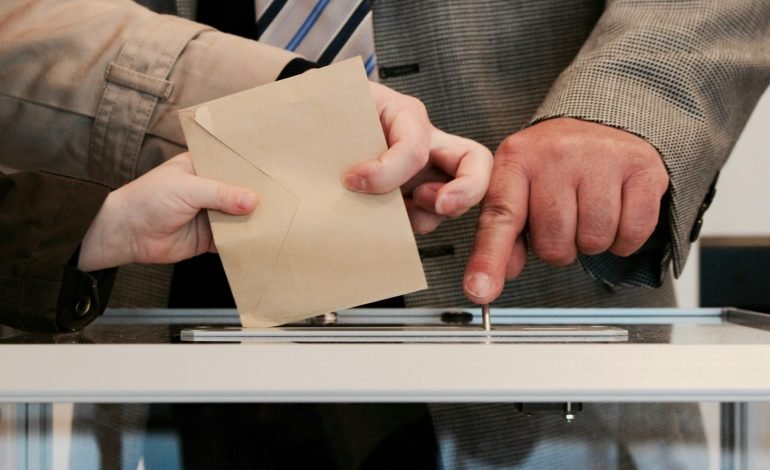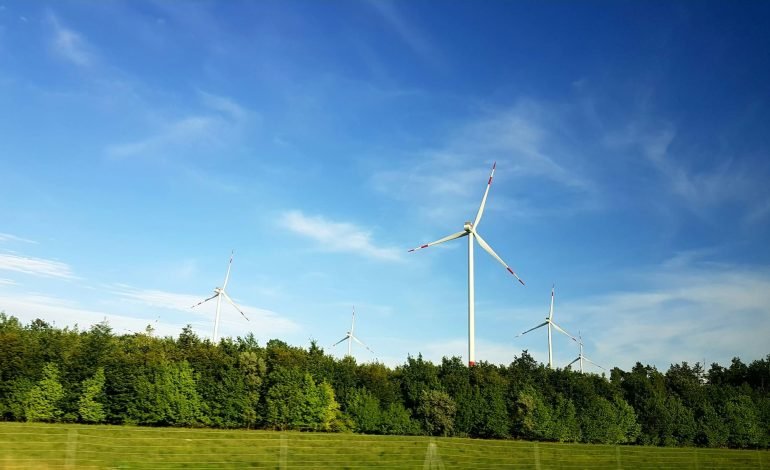Venezuela President Maduro wins controversial election

Venezuela President Nicolás Maduro has won the country’s presidential election, partial results announced by the electoral council have shown. Elvis Amoroso, the head of the National Electoral Council (CNE), and a close ally of Maduro has said that, with 80% of ballots counted, the president had won 51%, beating his main rival’s 44%.
The South American country’s opposition dismissed the CNE announcement, calling it fraudulent, and vowed to challenge the results. Its candidate, Edmundo González, it said, had won with 70% of the votes as it insisted that he was Venezuela’s rightful president-elect.
The opposition also said that the vote tallies that it had received, along with exit polls and quick counts, showed González having a 40 percentage points lead over the incumbent. Opposition parties rallied around him in an attempt to remove President Maduro after over a decade in power.
Opinion polls ahead of the election suggested González defeating the incumbent to become the next president of Venezuela. Many voters wanted change following 25 years of the socialist PSUV party in power. The first was under the late President Hugo Chávez, with Maduro taking over after his death from cancer in 2013.
With concerns that the government could resort to fraud, the opposition hoped that its lead would be convincing enough to foil any attempts by the presidential administration to “steal the election.” This is not the first time that an election in Venezuela had been denounced. Maduro’s victory in 2018 was widely dismissed as being neither a free nor fair election.
Voting in the country is done electronically as voters punch in a button assigned to their preferred candidate on a voting machine. The results are sent to the CNE headquarters with the machine printing out a paper receipt that is then placed into a ballot box. By law, parties may send witnesses to count these paper receipts at each polling station. However, many parties had been prevented from doing so. The opposition said that it had been given access to fewer than a third of the printed receipts in the country.









